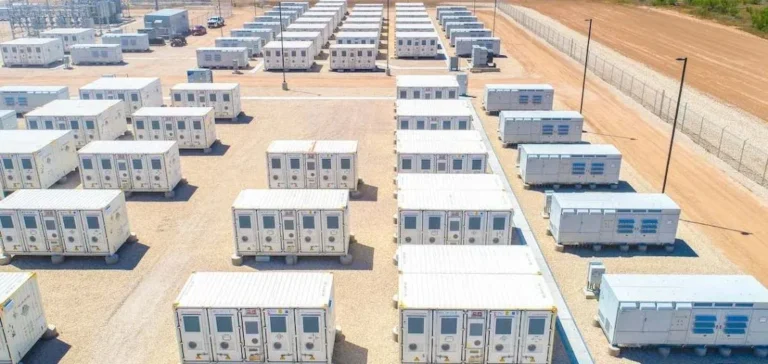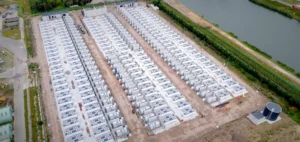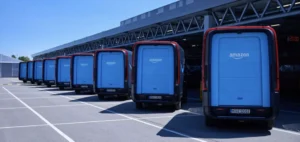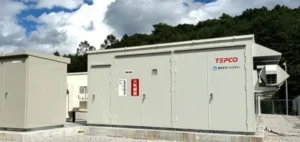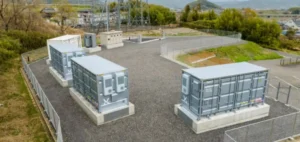Copenhagen Infrastructure Partners (CIP), through its flagship fund CI V, has completed the acquisition of the Beehive Battery Energy Storage System (BESS), developed by EDF power solutions North America. The project, located in Peoria, Arizona, has a capacity of 250 megawatts with a four-hour storage duration, totaling 1,000 megawatt-hours. Commercial operation is expected in the first half of 2026, following a construction phase already initiated by EDF power solutions.
A long-term contract with Arizona Public Service
The project benefits from a twenty-year contract with Arizona Public Service Company (APS), the state’s main electricity provider, serving about 1.4 million customers across 11 of Arizona’s 15 counties. The storage system is designed to absorb energy during periods of high renewable generation, store it, and release it back to the grid during peak demand hours. This technical flexibility is intended to support the management of increasing consumption in the region.
Positioning of players in the storage market
For EDF power solutions, Beehive represents a second stand-alone energy storage project in the United States. The company has developed more than 23 gigawatts of renewable energy and storage projects, part of which are in operation and maintenance. The company is thereby strengthening its presence in a rapidly expanding market segment. CIP, for its part, adds this project to its portfolio of energy infrastructure investments, which spans more than 30 countries.
Financial capacity and international expansion
The CI V fund, which reached final close in March 2025, raised more than USD 14 billion, exceeding its original target. This investment vehicle can commit approximately USD 27 billion in total to energy projects across North America, Europe, and the Asia-Pacific region. The acquisition of Beehive illustrates CIP’s strategy of expanding its assets in energy storage, a sector identified as central to its investment priorities.
The progress of this project raises questions about the role that large-scale storage systems will play in future business models of the U.S. electricity sector.


